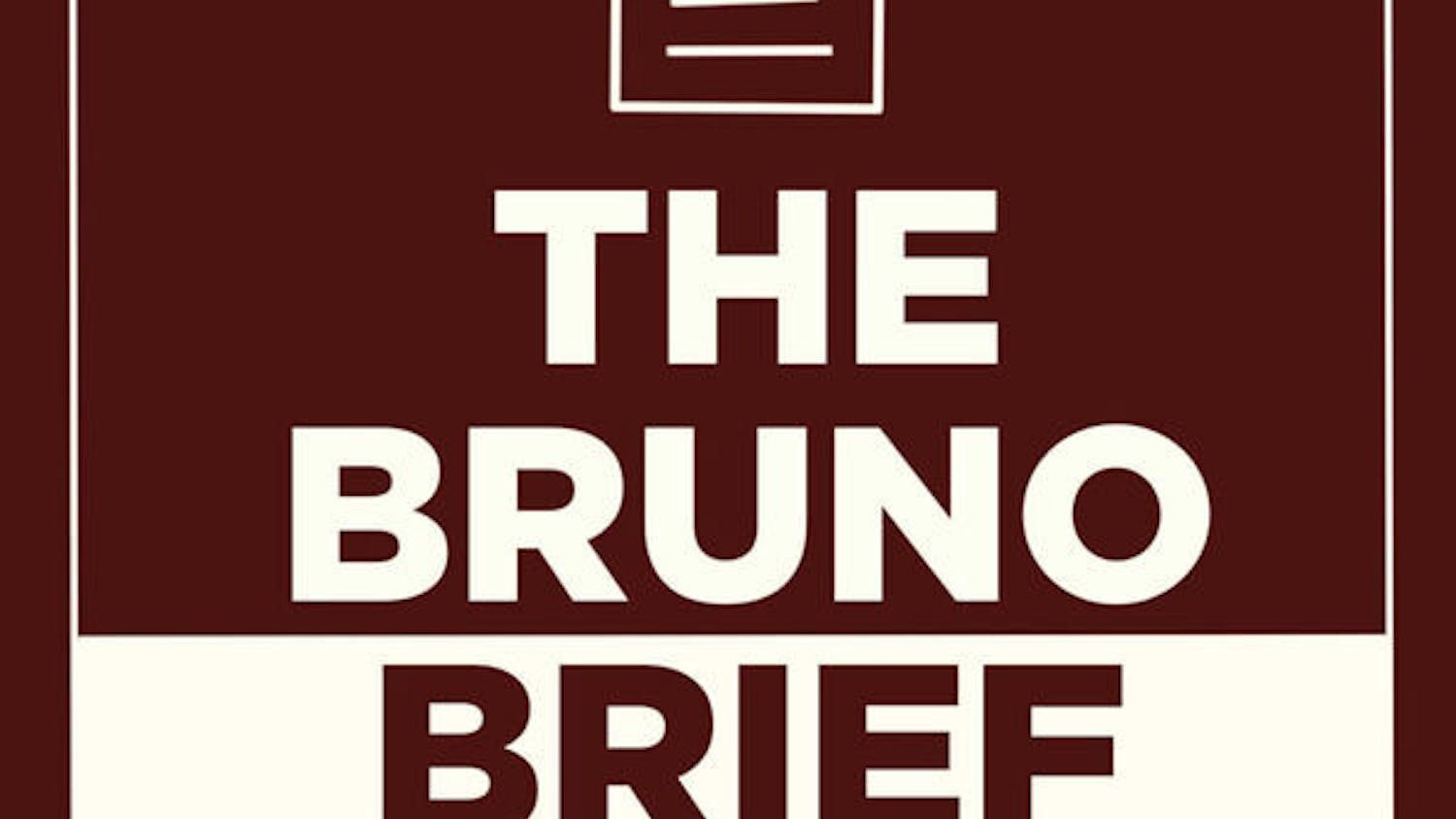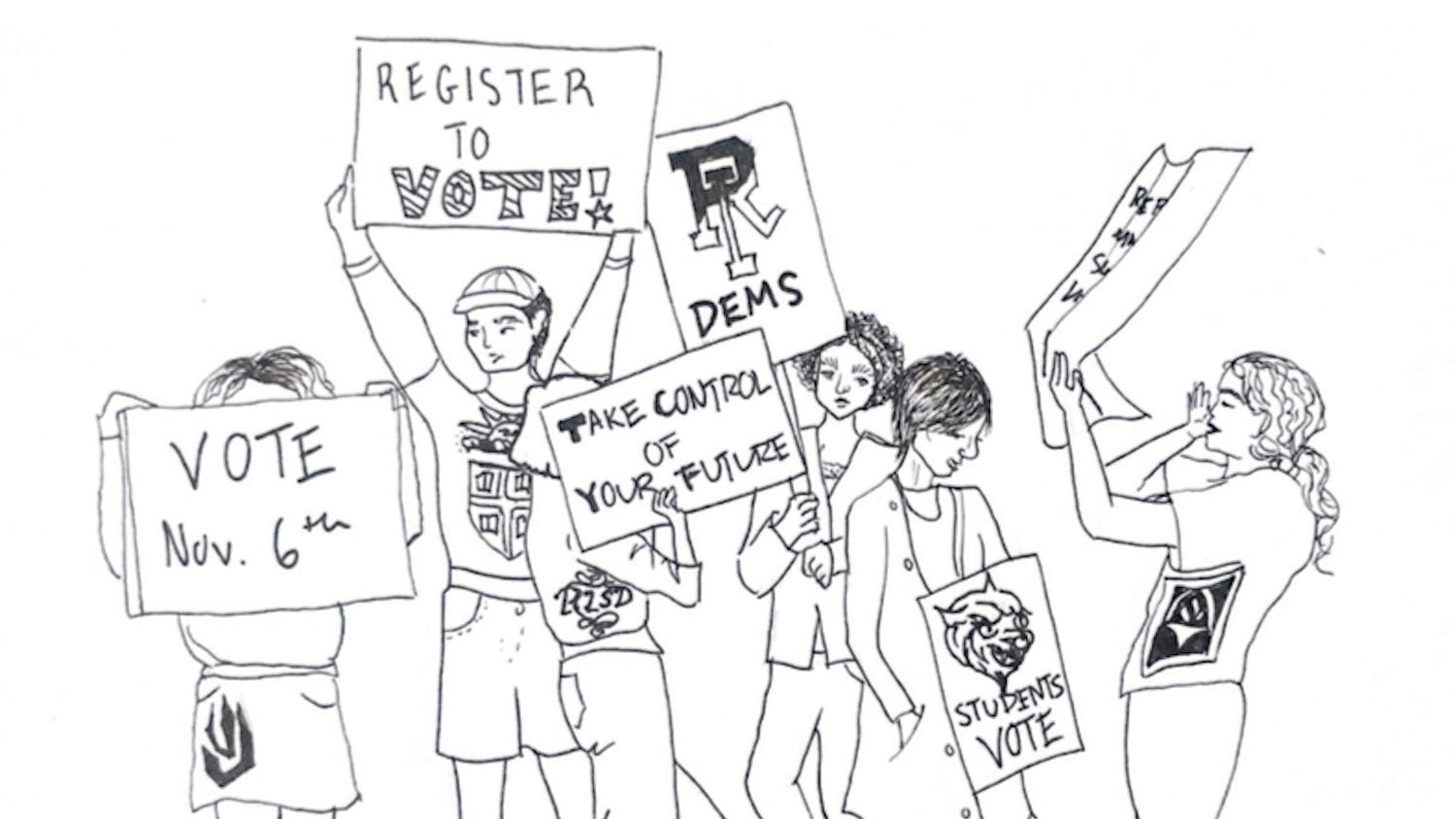George Huguely V pleads not guilty in Yeardley Love murder trial
Jury selection in the criminal trial of former University of Virginia lacrosse player George Huguely V began Monday and will continue Tuesday, according to an article published in the New York Times. Huguely is charged with the first-degree murder of his ex-girlfriend, Yeardley Love, also a former UVA lacrosse player. Love was found dead from head injuries in her apartment in May 2010.
Huguely pleaded not guilty yesterday, and his lawyers maintain Love's death was a "tragic accident," the Washington Post reported. Huguely is also charged with burglary and grand larceny after allegedly stealing Love's laptop, which contained records of messages between the two. Huguely returned to court yesterday for the first time since his arrest almost two years ago.
UVA law professor Anne Coughlin told the Cavalier Daily that the trial will focus on the difference between manslaughter and murder. Coughlin also raised the possibility of a plea bargain and suggested Huguely's lawyers will use his state of mind at the time of the incident as a defense. The UVA administration prepared for emotional distress in the community this past weekend as it awaited the start of the trial, according to the Washington Post's Campus Overload blog.
Dartmouth hazing whistleblower defends allegations
Dartmouth senior Andrew Lohse published a column in the New York Daily News Monday defending the op-ed he wrote Jan. 25 in the Dartmouth, which described a culture of hazing in the college's fraternities. His defense, titled "The drunkest four years of your life," held that "bizarre hazing experiences are unique to neither my former fraternity nor to Dartmouth … these cultures of secret depravity at elite schools produce hordes of narrow-minded investment bankers and consultants with no social perspective except personal gain."
Over 100 Dartmouth professors have signed an open letter condemning hazing, which they called the college's "open secret," according to the student blog Dartblog. Dartmouth administration has also opened negotiations with the Hanover Police to prosecute former fraternity members who engaged in hazing, the blog reported.
In his original op-ed, Lohse recalled being forced to swim in a kiddie pool full of bodily fluids and eat omelets made of vomit, among other "dehumanizing" abuses. He criticized Dartmouth President Jim Yong Kim '82 for failing to address "the abuse that plagues Dartmouth." The open faculty letter published Feb. 2 also challenged Kim's administration to ensure Greek life abides by the college's "core values of mutual respect, non-discrimination, inclusivity and openness." Kim has not issued a statement in response.
Applicant claims admissions discrimination at Harvard, Princeton
An Indian American student has filed a complaint alleging Harvard and Princeton rejected him on the basis of race, according to the Washington Post. The U.S. Department of Education's Office of Civil Rights is currently investigating the claim. The student originally lodged a similar complaint against Yale's admission office but later withdrew the allegation.
Asian Americans make up 16 percent of Harvard undergraduates and 5 percent of the U.S. population. But studies show Asian Americans routinely must score higher on standardized tests than their white counterparts to compete for the same slots at top schools, the Huffington Post reported.
The Office for Civil Rights first investigated Harvard's admissions process in regards to Asian American students in 1990. The report described instances of stereotyping, but concluded Harvard did not violate civil rights laws because they found that preferential treatment for athletes and children of alums, and not racial discrimination, accounted for the slightly lower rate of Asian American acceptance compared to white applicants.
USAID announces grant program
The U.S. Agency for International Development announced plans to give $100 million to top universities in the next five years for the study of foreign development issues, according to the Chronicle of Higher Education. The move comes as part of the agency's new drive toward involvement in higher education research, which has included the formation of alliances with organizations such as the National Science Foundation.
The grant program will support interdisciplinary studies that explore how different technologies and foreign aid strategies work in various regions of the world. The agency hopes dialogue and partnerships between universities will help answer broad questions about how to help the world's impoverished people. The grants aim to allow researchers to devise innovative solutions to common problems in the developing world, study foreign aid and create an environment for students to form startup type organizations to help people in the developing world, the Chronicle reported. Universities may need outside funding to supplement the USAID grants in order to embrace the agency's extensive vision of universities as "development laboratories" for nonprofits and international companies.




